If you want to study in Africa, South Africa should definitely be one of your considerations. With a meticulously designed education system that caters to over one million students, Academic courses in South Africa can add value that no country in the African continent can. And here’s why! South Africa is home to one of the world’s most efficient Higher Education System which raises stakes of Academic courses in South Africa. The country has 26 public universities distributed within all 9 provinces of South Africa which offer a variety of academic courses in the field of business, arts, social sciences, engineering, and natural and basic sciences. Here’s is a table of Academic degrees in South Africa along with the duration of the degree and cost of tuition fees for Engineering, Marketing and Management programs. Course Duration Fees Engineering studies 3-4 years for B. Eng 1-2 years for M. Eng R45000 - 65000 Marketing studies 1-2 Years R30000 - 68000 Management studies 3-4 Years for Bachelor degree and 1-2 Year for Masters degree R40000 Some of the most famous Universities for higher education in South Africa are: 1. University of Cape Town, Cape Town 2. University of the Witwatersrand, Witwatersrand 3. University of Pretoria, Pretoria 4. Stellenbosch University, Stellenbosch 5. University of Johannesburg, Johannesburg 6. North-West University (Potchefstroom, Mahikeng and Vanderbijlpark) 7. University of Western Cape, Cape Town 8. Rhodes University, Grahamstown 9. University of the Free States, Bloemfontein 10. Nelson Mandela University, Port Elizabeth 11. University of Limpopo, Limpopo 12. Cape Peninsula University of Technology, Cape Town 13. Durban University of Technology, Durban Depending on the type of course, the cost varies. For example, a Bachelor’s degree in Engineering would cost approximately R50000 whereas a BCom degree in marketing costs somewhere between R30000 - 70000. On average, the average cost of pursuing academic courses in South Africa would lie between R30000 - R70000. The average duration of taking up Academic courses in South Africa is about 3-4 years for a Bachelor degree and 1-2 years for Masters. Comprising bachelor’s, master’s and doctoral degrees, the vastness of the South African higher education system is the best in Africa. Not only academic courses in South Africa offer great employment opportunities but also paves the way for personal enrichment. The cost of education in South Africa is relatively low in comparison to the other countries and various scholarships, loans, and financial schemes are available to offset the cost. After completing you higher education in South Africa, you can take up following jobs respective of the course chosen: Finance and commerce-related jobs: Science stream related jobs: Humanities stream related jobs: Planning to continue your Academic studies in South Africa?
What are the Top Colleges and Universities in South Africa?
What is the cost of studying in South Africa?
What is the duration of Degree programs in South Africa?
Why study in South Africa?
What jobs can I get after completing college in South Africa?

Become A Health And Wellness Coach Online: Create Fat Loss Meal Plans, Build A Coaching Business & Be A Health Expert

Mechanical Engineering is in demand in South Africa and is one of the broadest areas of engineering, attracting students who are proficient in mathematics and physics. Mechanical Engineers are logical thinkers who thrive on intricate challenges and problem-solving.

Mechanical Engineering is in demand in South Africa and is one of the broadest areas of engineering, attracting students who are proficient in mathematics and physics. Mechanical Engineers are logical thinkers who thrive on intricate challenges and problem-solving.
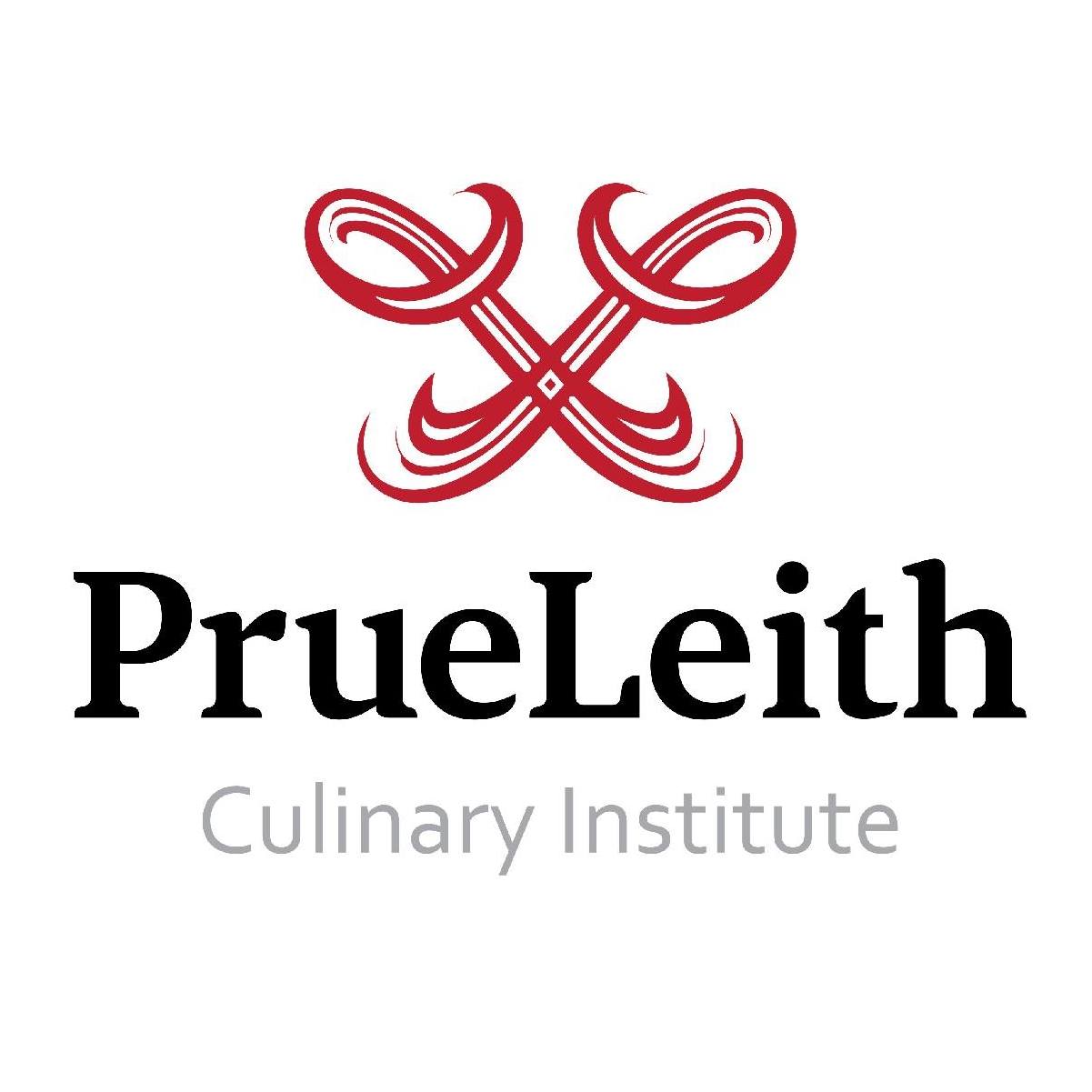
The Prue Leith Chefs Academy is very proud to offer a joint programme in partnership with Italy’s premiere culinary training institution, ALMA – La Scuola Internazionale di Cucina Italiana, in Colorno (Parma – Italy).
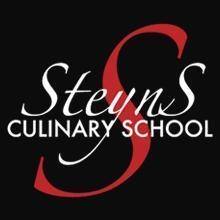
This course is a foundation into the culinary world with a major emphasis on practical cookery. Other components of these courses include catering theory, food costing and menu planning.
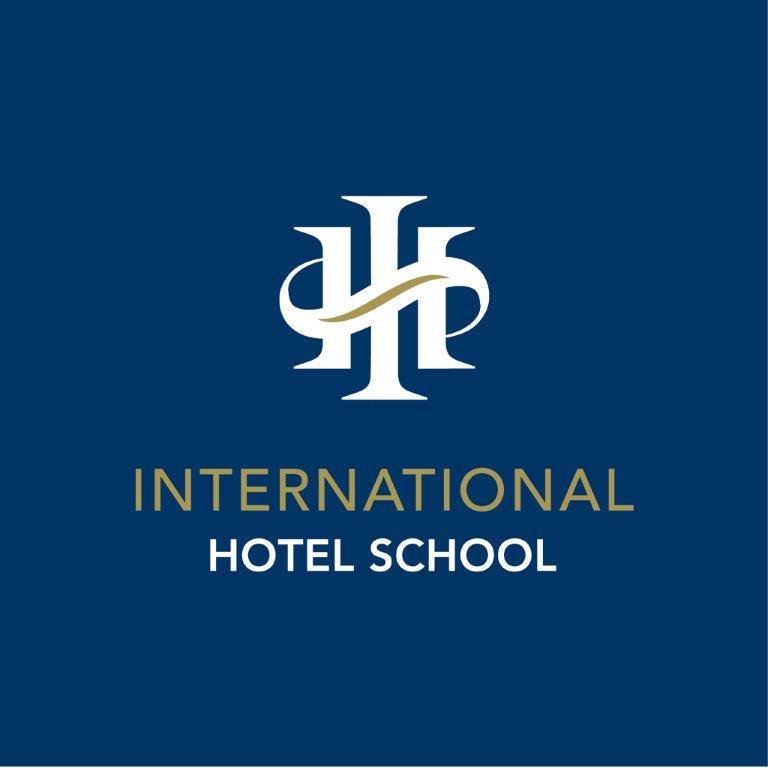
This programme focuses on the strategic and financial management aspects of a hospitality establishment and its operations. Strong leadership capabilities, the ability to apply strategic thinking and strong numerical application is learned.
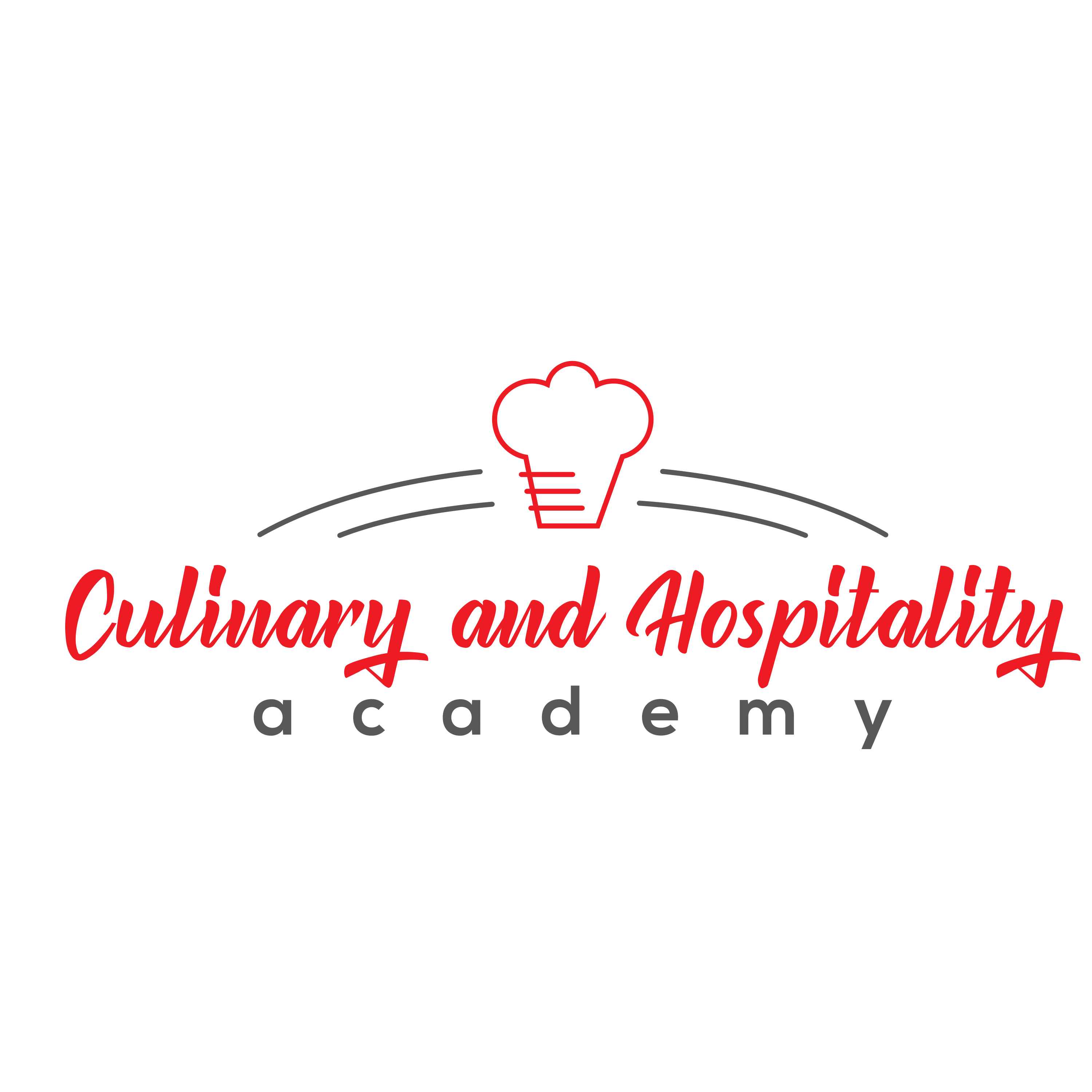
This course allows you to have a holistic knowledge that any aspiring chef would need.
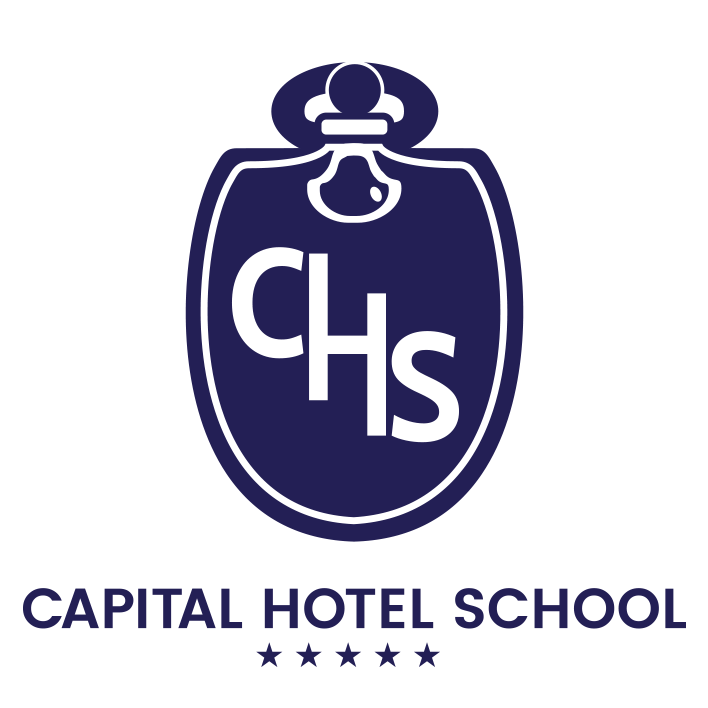
The hospitality and tourism industry is resilient and shows continued growth in this new normal where trust is the new currency, innovation is an essential part of everyday life and multi-skilled staff is in clear demand within the corporate and entrepreneurial sector.

This Bachelor of Hospitality Management programme is targeted at individuals who are service-minded, who possess good commercial insights and the potential for entrepreneurship.
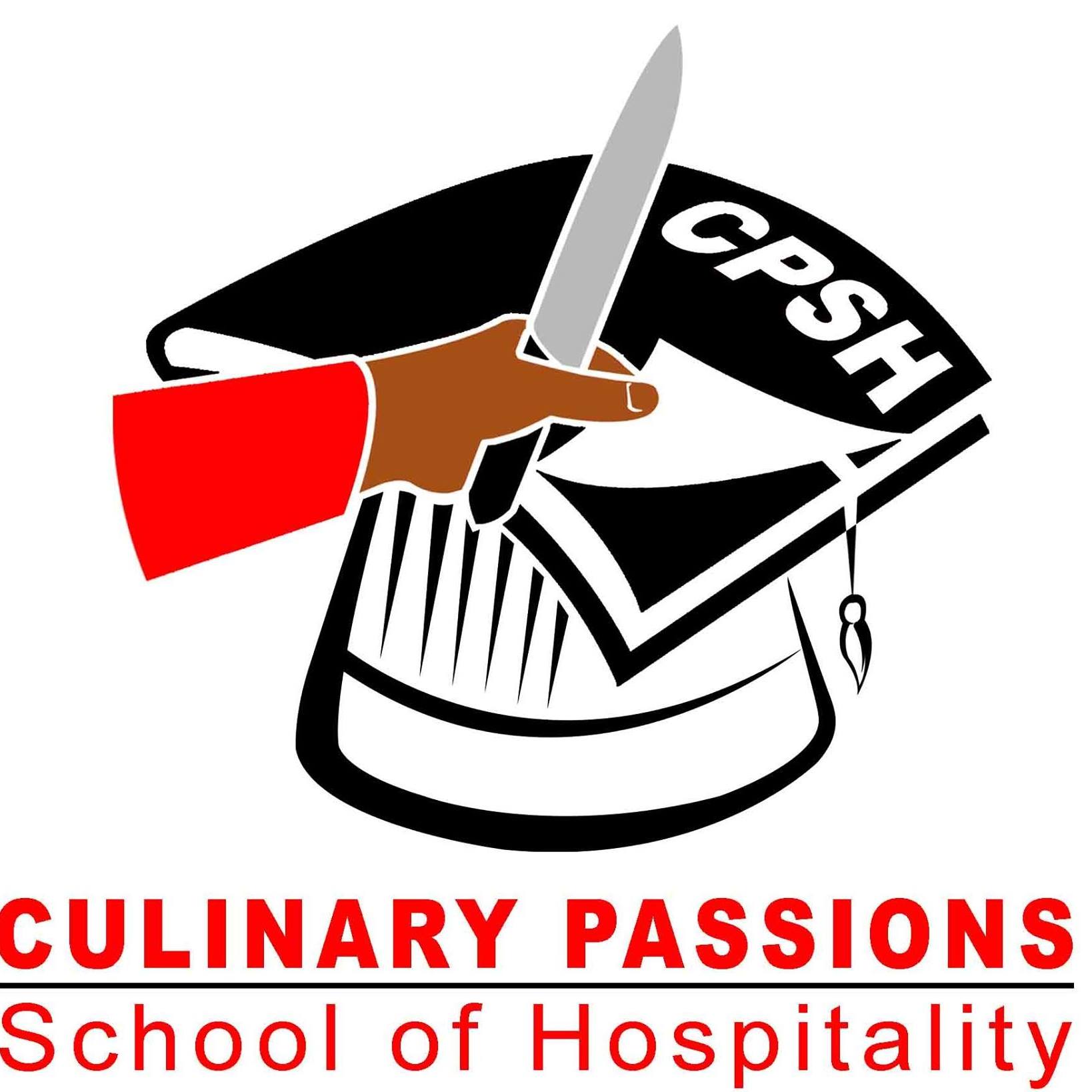
During the first year programme which is the 8065-03 Food Preparation and Cooking (Patisserie), we teach the most basic skills which amongst others include Cooking Methods, Stocks and Sauces, nutrition and more.

The National Certificate (Information Technology and Computer Science) is a programme at each of Levels 2, 3 and 4 of the NQF.
© 2025 coursetakers.com All Rights Reserved. Terms and Conditions of use | Privacy Policy